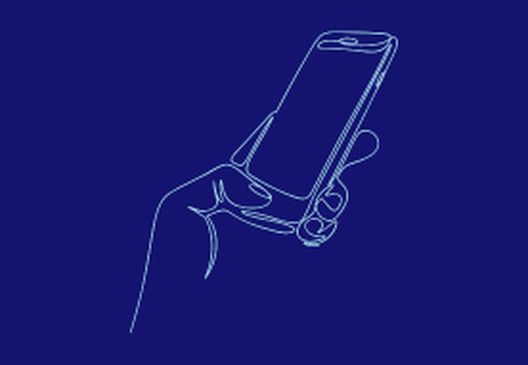
Bipolar and ADHD
What’s the difference between bipolar and ADHD?
Bipolar is a severe mental illness (SMI) where someone experiences extreme changes in mood and energy that are much more intense than just feeling a bit sad or happy. Someone with bipolar usually needs to monitor and manage their moods daily otherwise they can experience symptoms of hypomania/mania or depression.
Symptoms of bipolar for most people are episodic. This means they often through periods when they’re unwell (known as an episode or relapse) and they can also go through periods when they’re stable for weeks, months or sometimes years.
What is ADHD?
ADHD (attention deficit hyperactivity disorder) is a neurodivergence where someone experiences the world in a different way. For example, they may:
- have trouble paying attention
- be easily distracted
- have problems with organisation
- experience issues with overactivity and controlling impulses
There are 18 symptoms of the condition and whilst many people may have some of these, an ADHD diagnosis is only made when a large number of symptoms are present and causing very significant day-to-day problems.
Symptoms of ADHD tend to be continuous. In other words, people living with the condition experience the world in a different way every day.
ADHD is three times more common in males than females and associated with poverty, lower family income and social class. In adults, it is more frequent in the unemployed and in people with disabilities.
Do symptoms of bipolar and ADHD overlap?
Yes, there are many overlaps between ADHD and bipolar, including:
- risk-taking
- sleep problems
- overactivity
- impulse control issues
- sensitivity
- attention and memory problems
- irritability
- restlessness
- hyperfocus
Emotional dysregulation, where someone has trouble regulating the onset, switching, intensity and control of their emotions, tends to be a big challenge in both conditions, though isn’t necessary for either diagnosis.
When do symptoms of bipolar and ADHD start?
The symptoms of bipolar can appear at any age but typically first start during late adolescence or when someone is in their early 20s. Almost 50 per cent of people living with bipolar get symptoms before the age of 21.
The symptoms of ADHD typically start by around the age of five years usually being present by middle childhood and arise out of brain development during those years. Current UK guidelines state that a diagnosis of ADHD in adults cannot be confirmed unless the symptoms have been present since childhood.
What causes bipolar and ADHD?
We know about many factors that explain why someone develops bipolar but not necessarily why or how those factors lead to the condition. With bipolar, most doctors think the factors that are important are genetics, traumatic events and substance abuse. It’s different for each person but most people with bipolar may have a mix of these factors.
Neurodiversity, like ADHD and autism, are caused by the way the brain is wired, they don’t just start suddenly from a traumatic event. There isn’t one single cause for ADHD. It’s usually a mix of genetic and environmental factors, with genetics playing a big part.
Can someone have both ADHD and bipolar?
Yes, about one in five people with bipolar have ADHD, and about one in five people with ADHD have bipolar.
Why is it so important to tell the difference between ADHD and bipolar?
Because the conditions of bipolar and ADHD are so widely misunderstood, it's common for ADHD to be mistaken for a mental illness and vice versa.
ADHD and bipolar are treated with different medications. ADHD is often treated with stimulants, which in some people with bipolar may trigger mania. Bipolar treatment may include a mix of medications like lithium, mood stabilisers, anti-psychotics, and antidepressants.
Careful expert treatment is needed for people who have both bipolar and ADHD. Getting the wrong diagnosis means someone isn’t getting the right treatment, support and knowledge they need to manage the symptoms and live well.
What can someone do if they suspect they've been misdiagnosed with ADHD or bipolar?
If someone has been misdiagnosed, they might find that:
- their symptoms have been getting worse since they started medication and/or therapy
- they are experiencing symptoms that don’t match their current diagnosis
- they aren’t experiencing the typical symptoms of their current diagnosis
If you think you may have been misdiagnosed, speak to your GP or mental health team.



